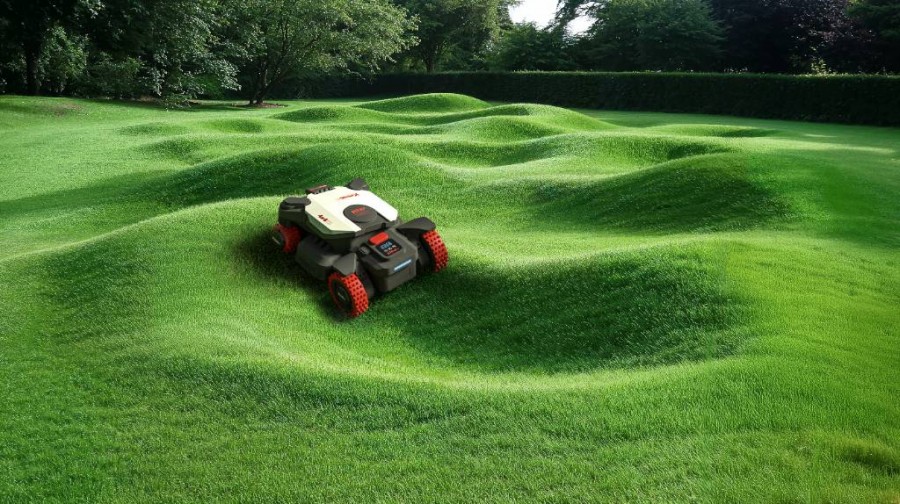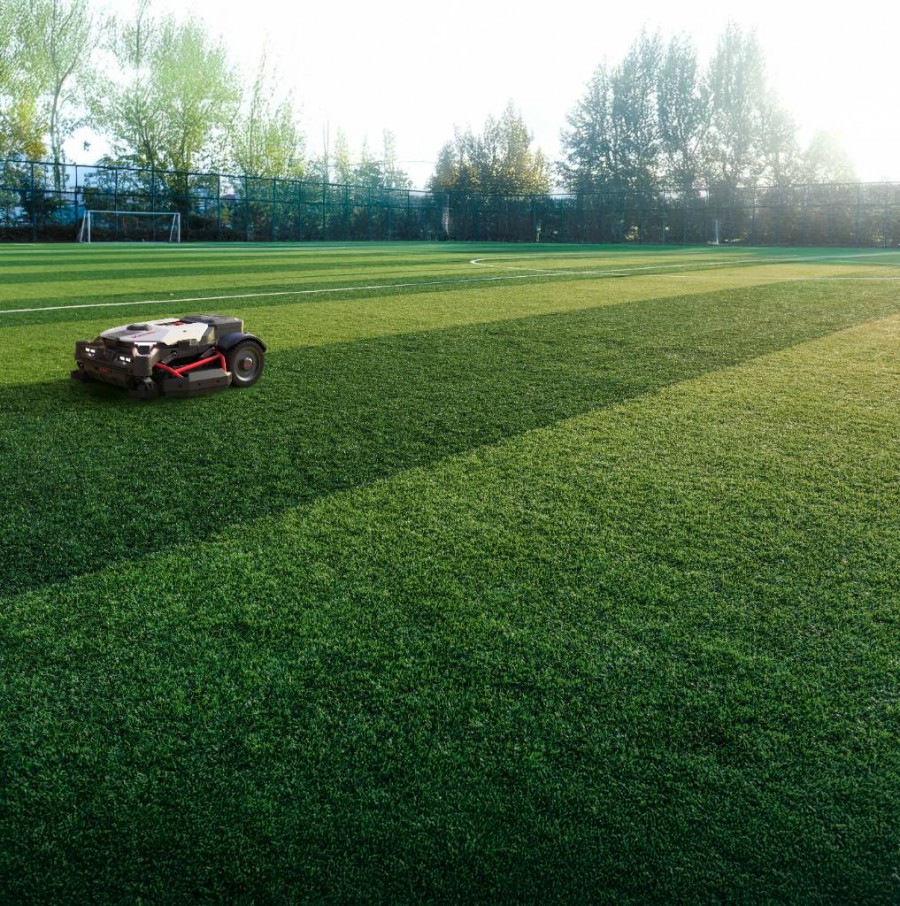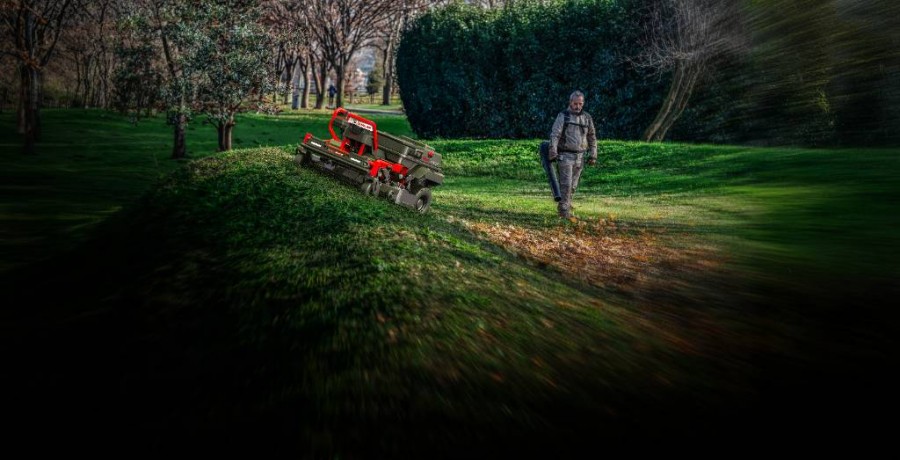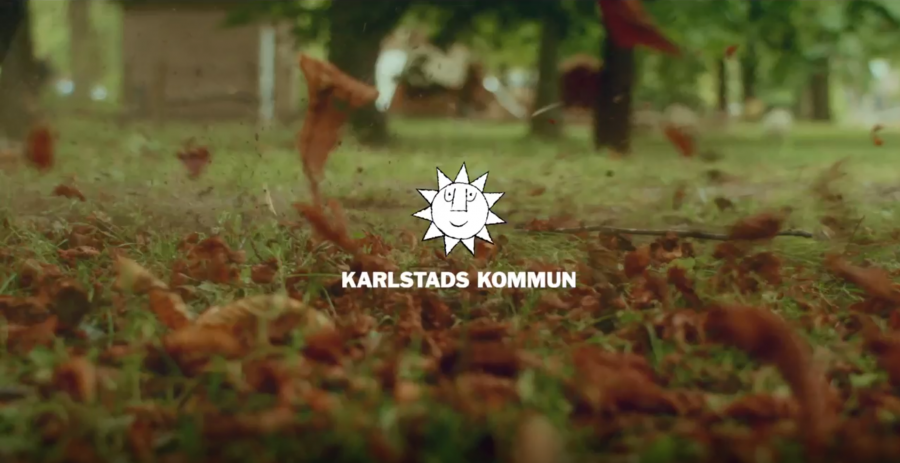APSE has launched a new
report, outlining the various measures, resources, and strategies local
authorities can employ to deal with biosecurity issues.
As UK local councils strive to plant more trees in response to Climate
Change, alongside developing greener local parks and public realm, APSE,
(Association for Public Service Excellence) wanted to explore the state of
preparedness of local councils when it comes to biosecurity threats.
Biosecurity threats can come in many forms. Perhaps the most well-known
threat, and one which local authority parks and woodlands services are already
grappling with are diseases such as Dutch Elm Disease and Ash Dieback.
To support local councils APSE conducted a survey to ascertain the key
diseases, pests and invasive non-native species that are most affecting local
authorities across the UK, as well as the levels of implementation of
biosecurity measures, and the awareness of UK-wide biosecurity issues.

The survey found that just over one-third of respondents were aware of the
UK Plant Biosecurity Strategy (2023-2028), which is a collaboration between
DEFRA and the devolved administrations. Furthermore, just 10% of respondents
had a specific biosecurity policy, although more encouragingly 58% said they
considered biosecurity issues.
These stark survey findings prompted APSE to triangulate the biosecurity
data against its earlier data on parks and greenspaces that found that 74% of
local authority parks professionals expect budget cuts in the next five years,
with 78% saying that budget cuts had already led to reduced maintenance and an
increase in unmaintained land.
As a result of these stark findings, APSE has now published a detailed
report outlining various measures, resources and strategies local authorities
can employ to deal with biosecurity issues, including practical measures to
better support the way in which biosecurity threats are managed.
The full report ‘Plant Biosecurity – Working towards delivering a healthier
future for the UK’s plants and trees’ is free to download from the APSE website.
Speaking about the report, Mo Baines, APSE Chief Executive said: “Our member local councils face an array of
challenges. Climate change and the ecological emergency declarations made by
many UK councils have quite rightly led to a greater focus on the local
environment, including tree-planting schemes, enhancements to green spaces and
parks and the introduction of new plant species. These are clearly welcome
measures, but they must be done in a managed way with the right resources,
including sufficient management and maintenance budgets."
Baines added: “In addition to the rather
stark findings of our survey work, this report opens a lens into the real
threats of reducing parks and greenspace budgets. Dealing with biosecurity
threats from tree and plant diseases and non-native invasive species will be essential
if local councils and local communities are to reap the rewards of increasing
tree cover and enhancing a greener public realm.”
Matt Ellis, APSE Principal Advisor for parks and greenspaces said: “Our latest report is a must-read for local parks
professionals and should also be of grave concern to local councillors in
setting their parks and public realm policies. Greater awareness of biosecurity
measures and awareness of ways in which those threats can be reduced should be
at the fore of parks and public realm management and operations. I commend this
report to them”.
The report, which seeks to raise awareness of biosecurity practices by
outlining the nationwide strategy backed by the Government, also offers
practical steps from waste disposal to plant sourcing and equipment, as well as
cleaning guidance for equipment, tools and personnel to help stop the spread of
diseases. APSE will continue to support the work of DEFRA and the Plant
Biosecurity Strategy by raising awareness and practical measures with its
member local councils.







